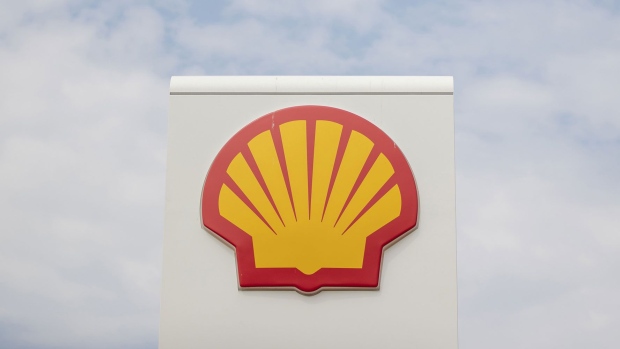Feb 11, 2021
Shell Says Its Oil Production Has Begun a Long-Term Decline
, Bloomberg News

(Bloomberg) -- Royal Dutch Shell Plc said its carbon emissions and oil production have already peaked and will decline in the coming years as the company laid out a detailed plan for its transition to cleaner energy.
In a sign of how much the petroleum industry has shifted away from its mantra of growth and exploration, Shell said its oil production will fall by 1% to 2% a year. Output of “traditional fuels” will be 55% lower by 2030.
In a wide-ranging strategy update published on Thursday, the Anglo-Dutch company set new targets for electric-car charging, carbon capture and storage, and electricity generation. It also sought to reassure investors that it could maintain returns through the energy transition, reiterating its pledge for an annual dividend increase of about 4% and the resumption of share buybacks once its net-debt target has been achieved.
“Our accelerated strategy will drive down carbon emissions and will deliver value for our shareholders, our customers and wider society,” Shell Chief Executive Officer Ben van Beurden said in a statement.
Unlike its peers BP Plc and Total SE, Shell didn’t announce any large deals to rapidly boost its clean-energy capacity. That’s in keeping with Shell’s approach since announcing its net-zero target in April.
Shell said its net carbon intensity will fall by 6% to 8% in 2023, compared with 2016. That reduction will widen to 20% in 2030, 45% in 2035 and 100% by 2050.
©2021 Bloomberg L.P.


